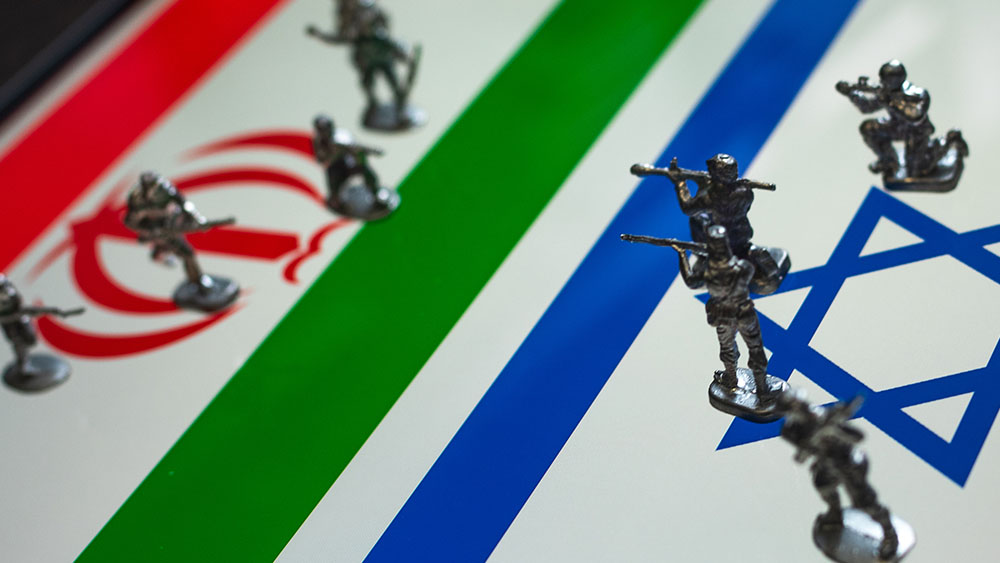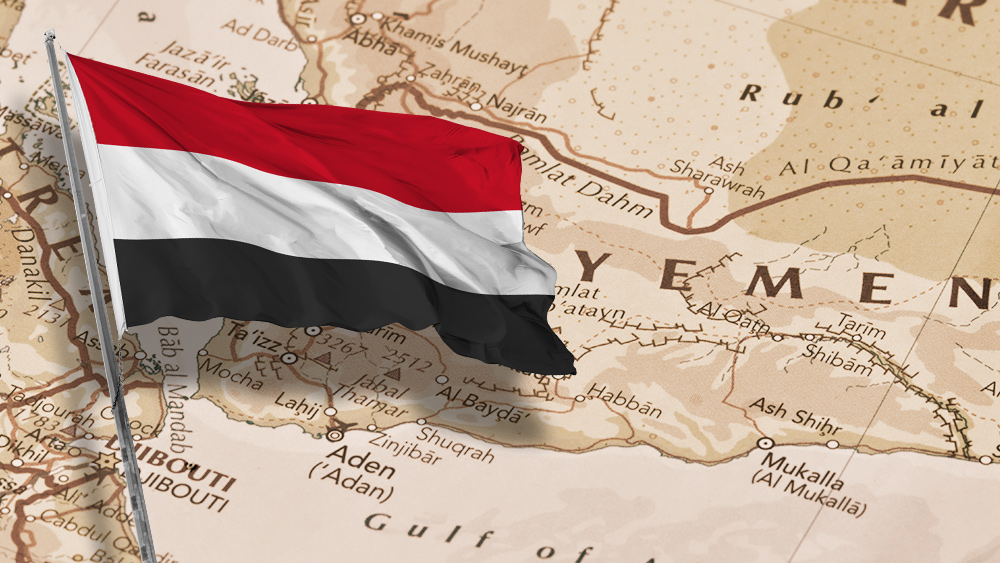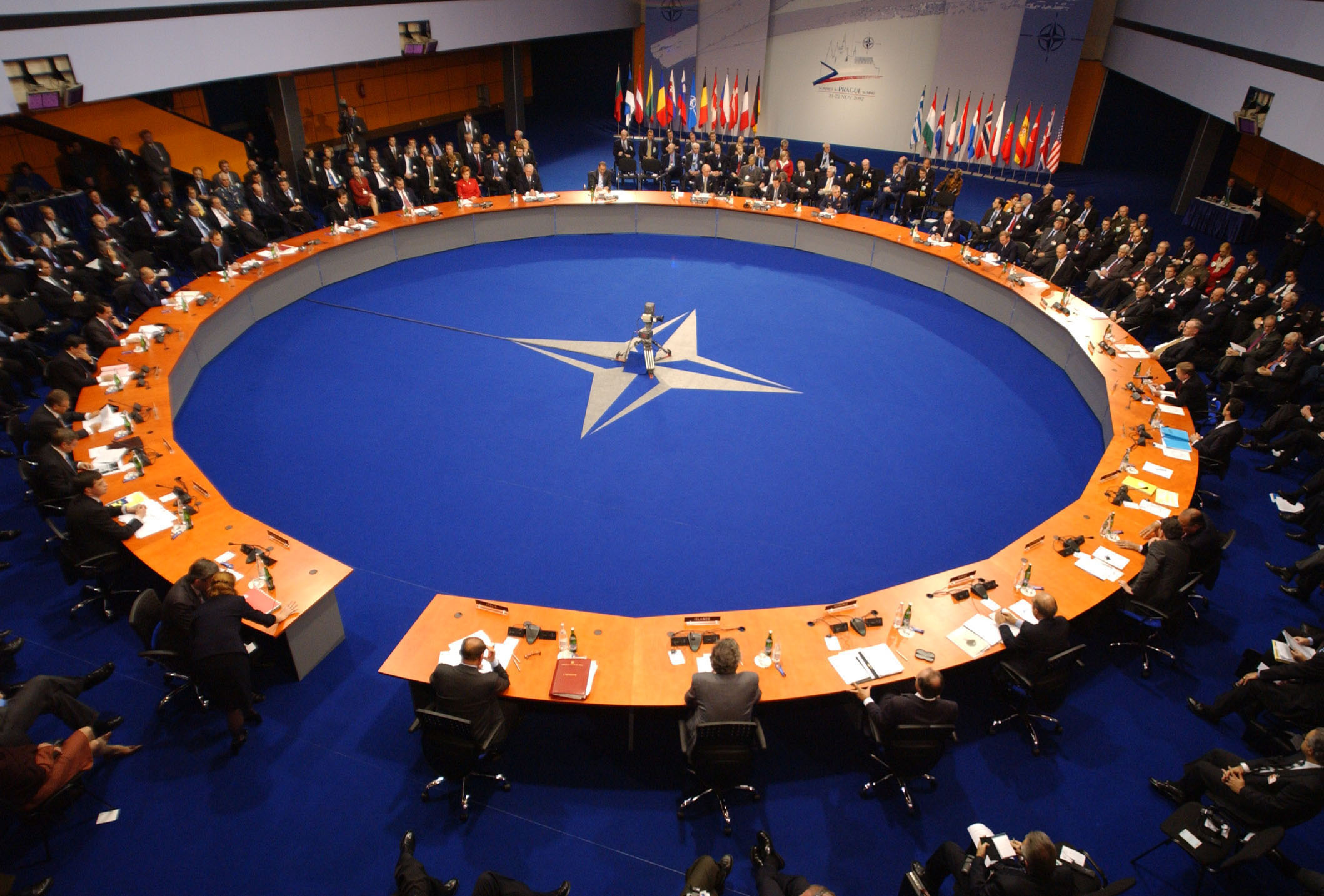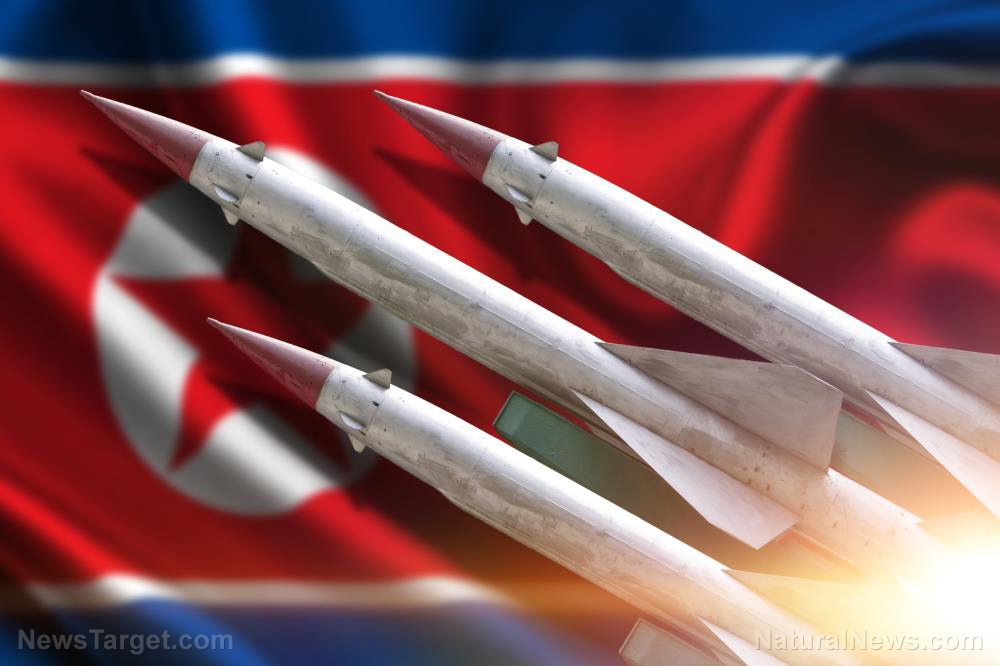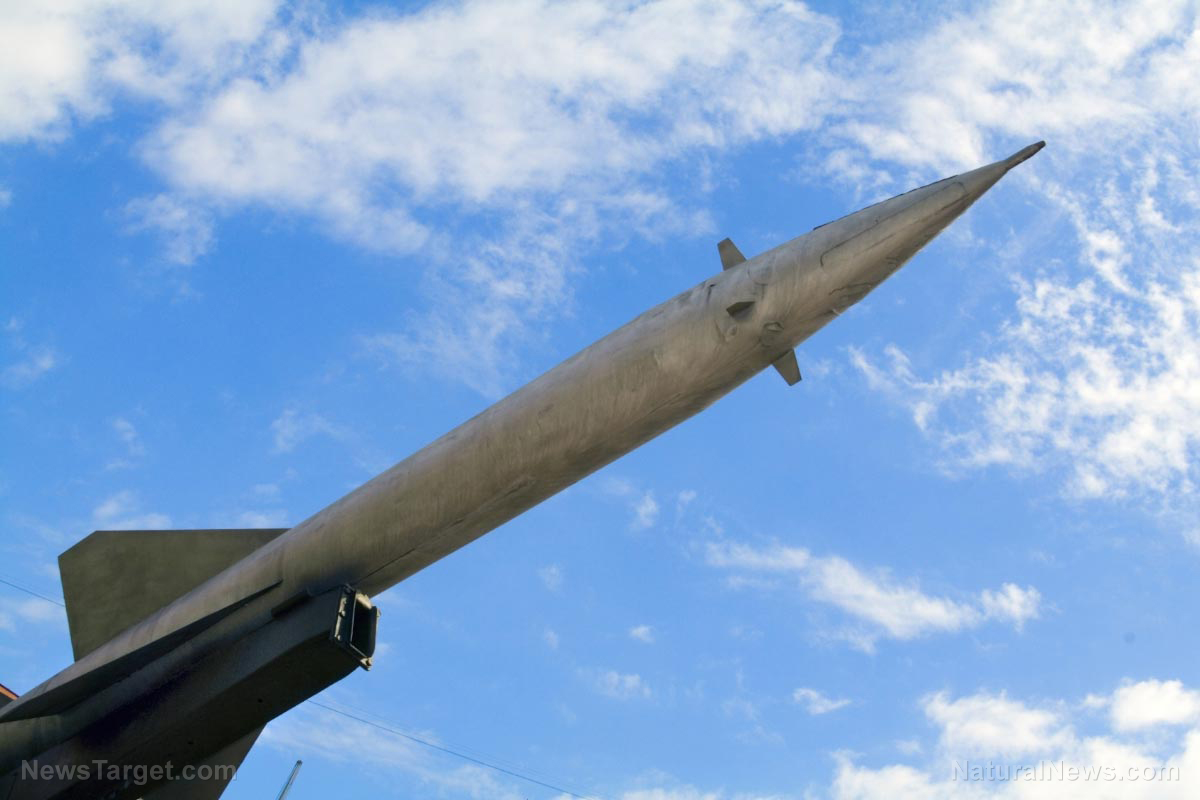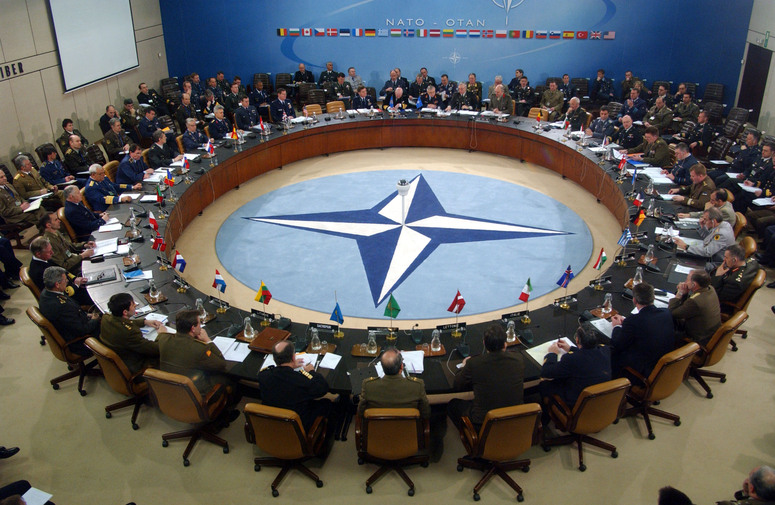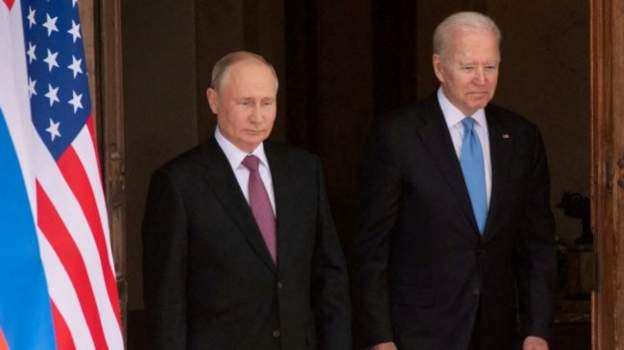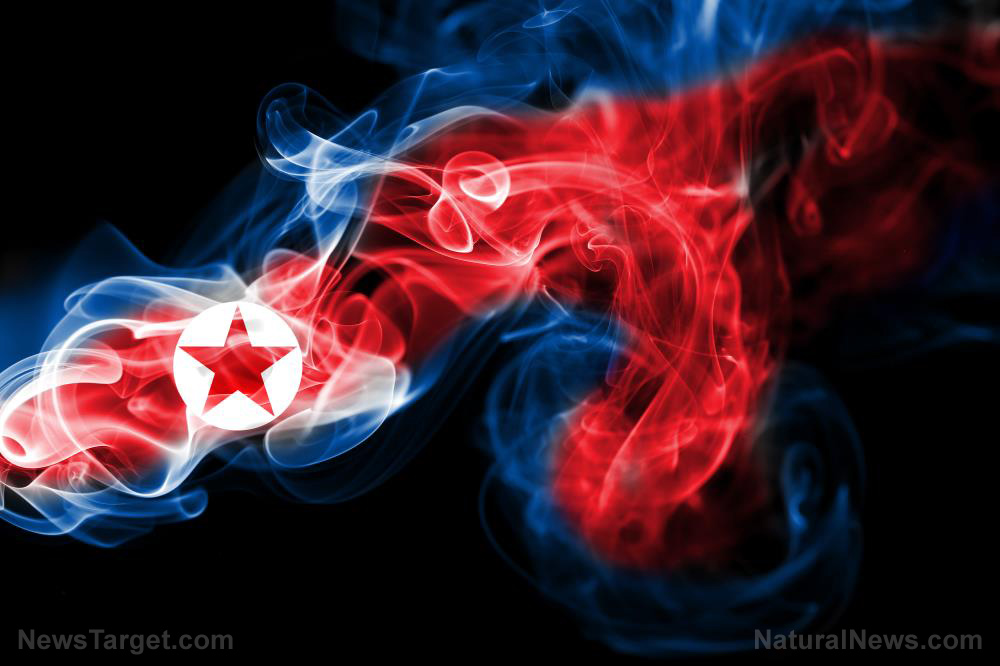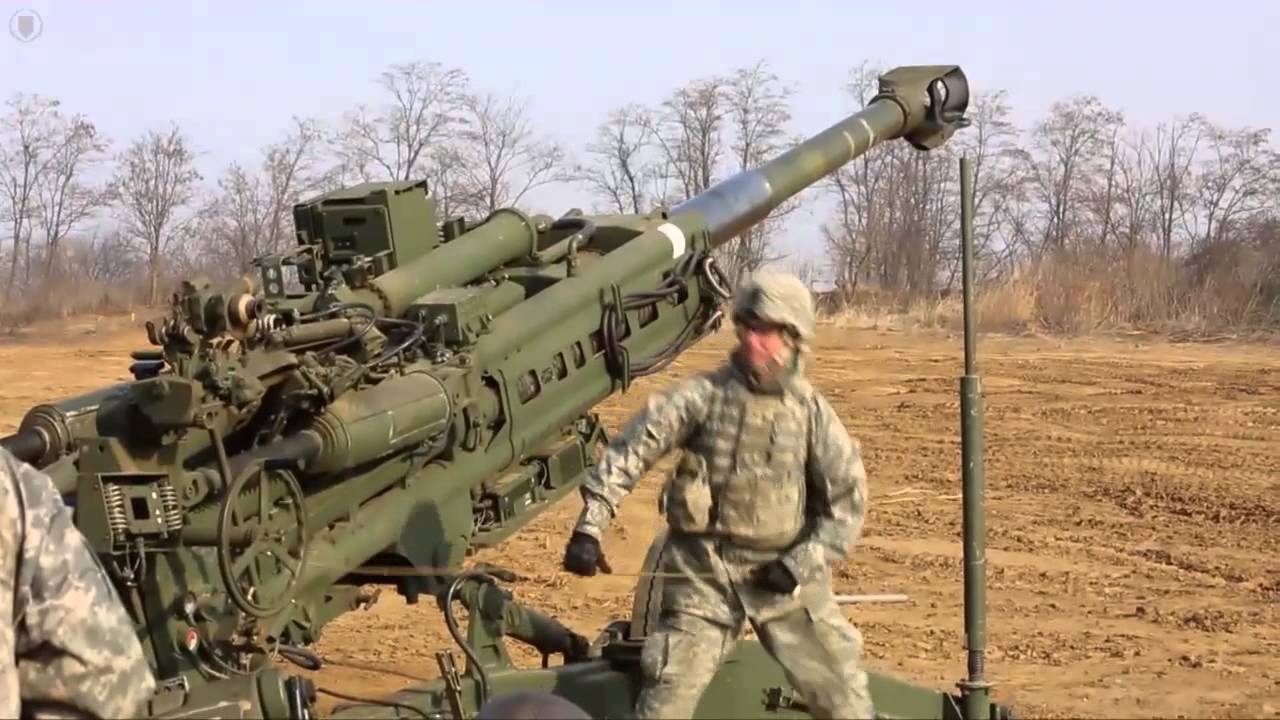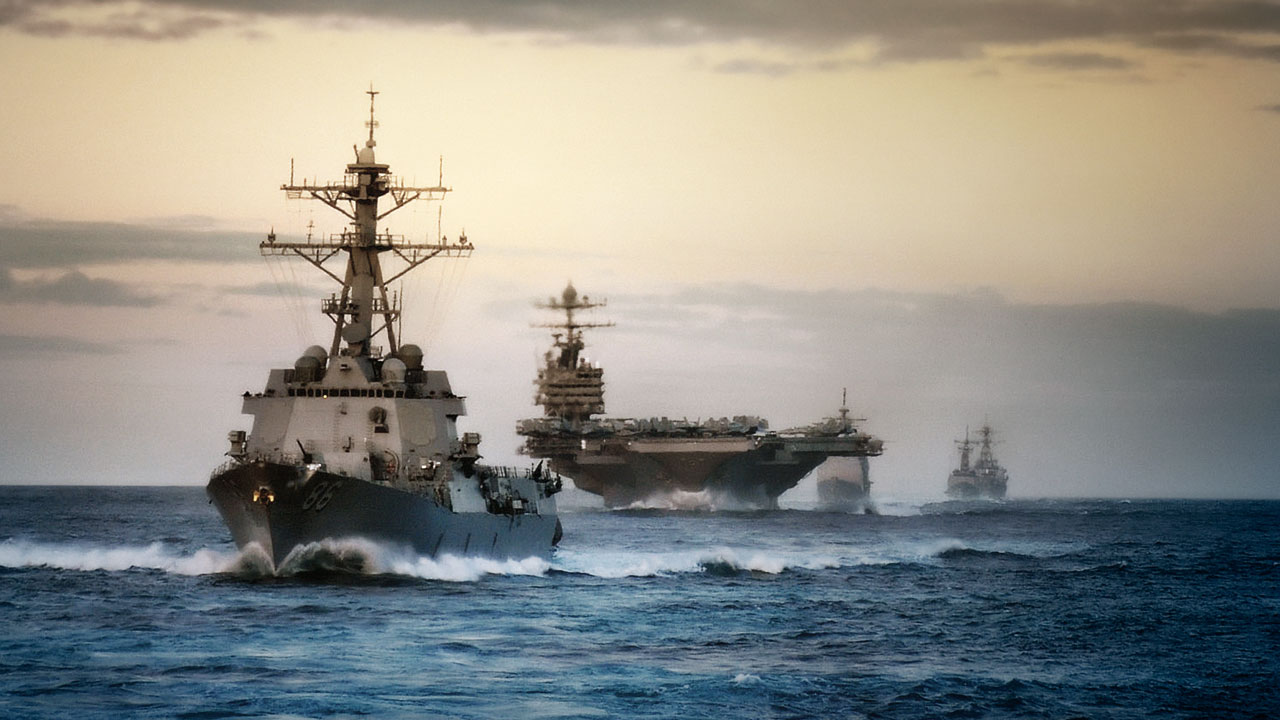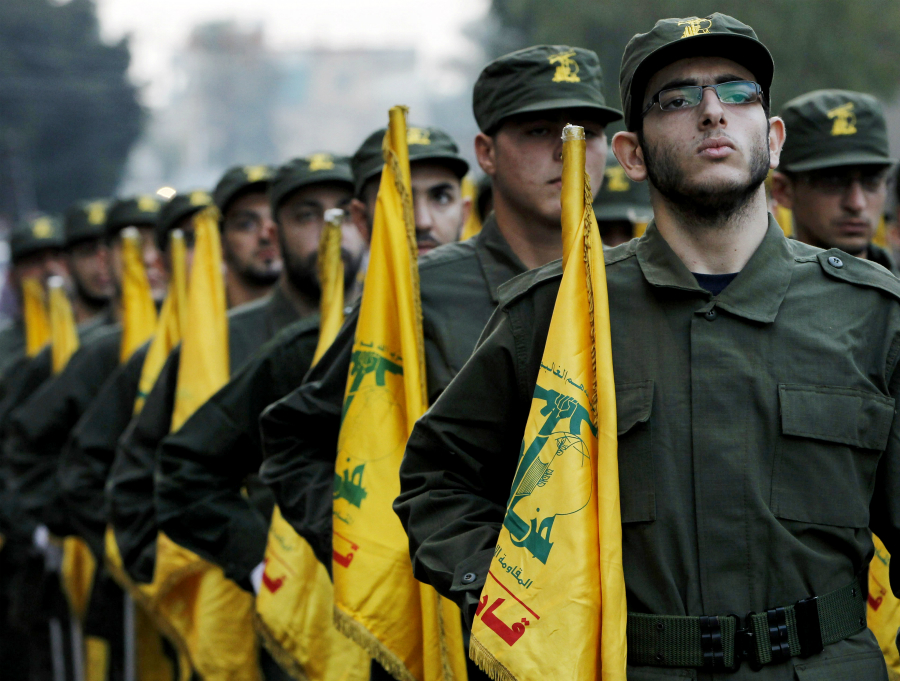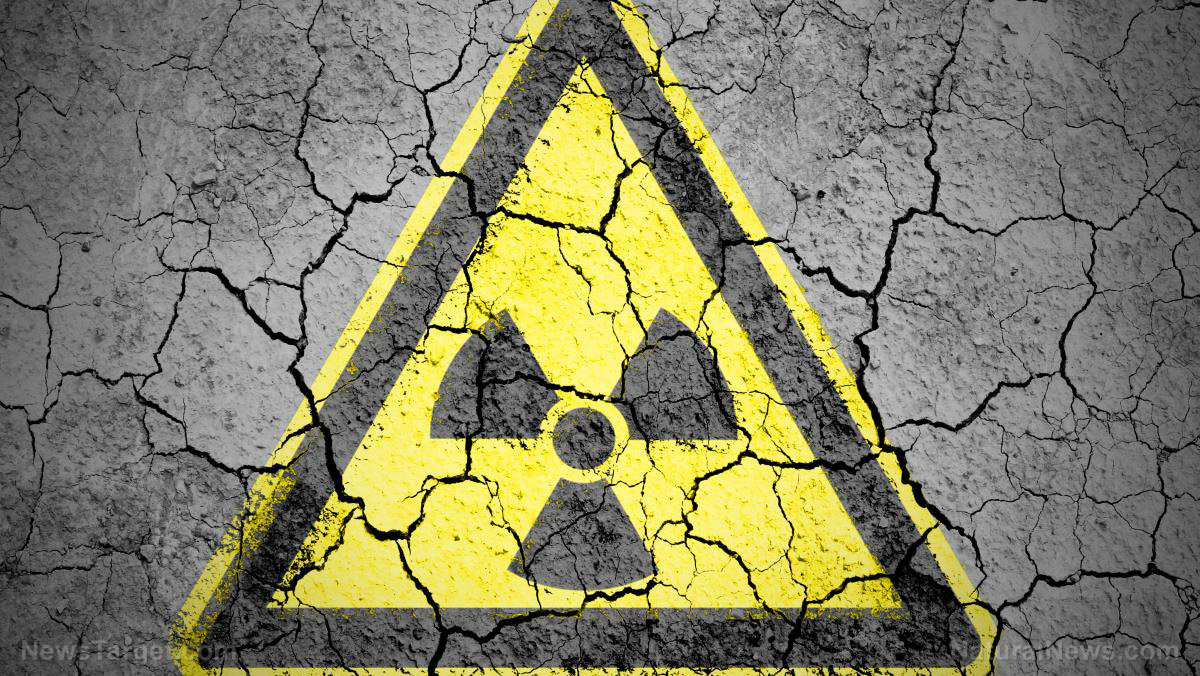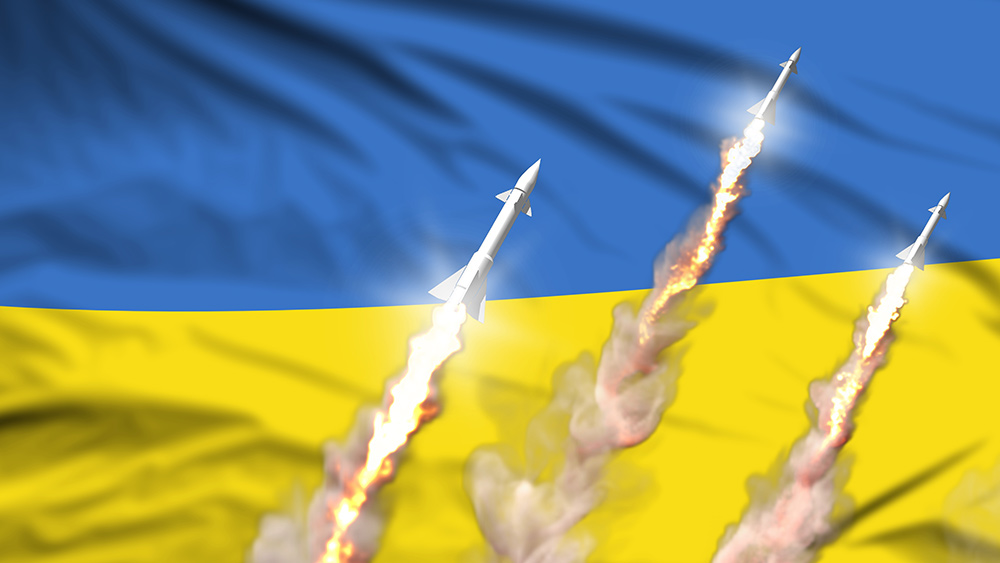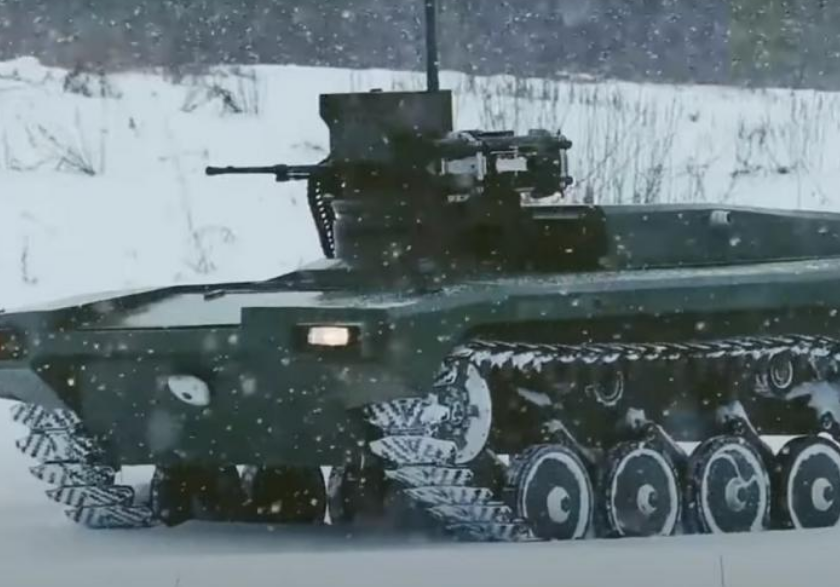Globalist Mark Rutte named as new NATO head
07/03/2024 / By Richard Brown
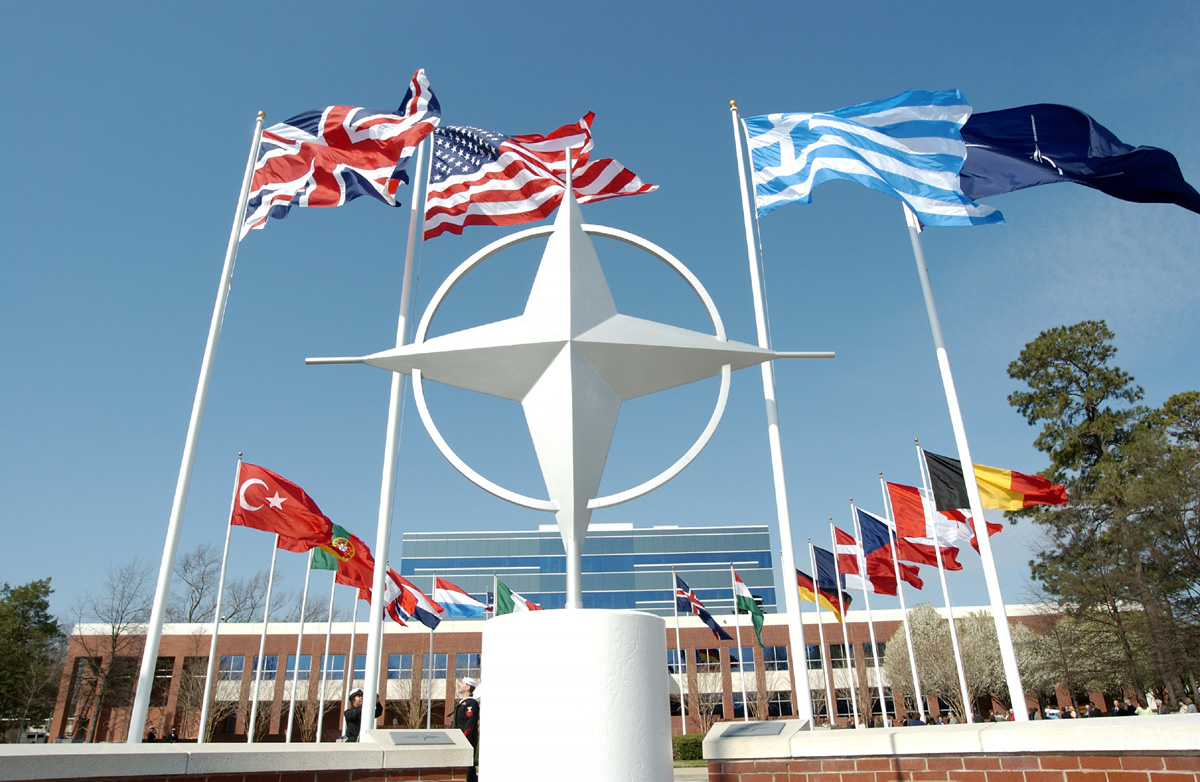
Outgoing Dutch Prime Minister (PM) Mark Rutte has been appointed as the next secretary-general of the North Atlantic Treaty Organization (NATO), a post he will assume in October.
NATO ambassadors confirmed the appointment at a meeting in their headquarters in Brussels, saying that Rutte will assume his function as the secretary-general beginning Oct. 1. Rutte is set to replace Jens Stoltenberg, whose 10-year term will expire on that day.
The outgoing Dutch PM who graduated with a degree in history from Leiden University was first elected in 2010. After 14 years in power, he resigned in July of last year after his four-party coalition fell apart over disagreements on how to curb migration. However, Rutte has taken on a caretaker PM role for the Netherlands until the new government set to replace him irons out matters on their end.
“The [NATO] alliance is and will remain the cornerstone of our collective security,” Rutte said, adding that leading the group is a responsibility he does “not take lightly.” The outgoing Dutch leader’s NATO appointment took longer than expected, Euronews pointed out.
Throughout his tenure, Rutte has navigated numerous political challenges, including the 2021 child benefits scandal that collapsed his third coalition government. Despite this setback, he led his conservative People’s Party for Freedom and Democracy to victory in the subsequent national elections and formed his fourth coalition.
Known for his casual and smiling manner, Rutte has earned the nickname “Teflon Mark” due to his ability to avoid scandals. He is the longest-serving prime minister in the Netherlands.
Teflon Mark’s leadership style has been widely appreciated by his colleagues in the European Union. Even German Chancellor Olaf Scholz praised Rutte, stating: “Your experience, your security policy expertise and your diplomatic skills are in the right place.”
Rutte to move from Amsterdam to Brussels
Starting in October, the 57-year-old Rutte will move to Brussels and leverage his extensive experience in leading four different governments to navigate NATO through a challenging geopolitical landscape, including the ongoing war at Europe’s borders.
His only competitor, Romanian President Klaus Iohannis, withdrew from the race about two weeks ago. Despite his seemingly aggressive stance on Russia, Rutte was considered the least aggressive successor to Stoltenberg.
His candidacy gained momentum when he secured support from Hungary’s PM Viktor Orban despite tensions between them. The Hungarian leader initially resisted Rutte’s appointment over several concerns, including the issue of spending Budapest’s money on supporting Ukraine. But after assurances that NATO won’t deploy Hungary’s military or spend its funds on Kyiv, Budapest lifted its veto – demonstrating Rutte’s adeptness in international relations.
Rutte, also a globalist, has been a steadfast supporter of Ukraine since Russia’s invasion in February 2022. This was one of the reasons he sought the NATO leadership role, and his commitment to assisting Ukraine has been evident in his actions and statements. He has played a significant role in Europe’s military support for Kyiv emphasizing that defeating Moscow is crucial for peace in Europe. (Related: NATO offers Ukraine a new HQ in Germany – a “bridge” to Kyiv’s eventual membership.)
In June, Rutte attended a Ukraine summit in Switzerland, where he promised continued Dutch support for Ukraine. Under his leadership, the Netherlands has pledged significant military hardware to Kyiv, including advanced air defense systems and artillery. Although the country previously fell short of the NATO target of spending two percent of its GDP on defense, it is expected to exceed this target this year, reaching 2.05 percent, up from around 1.2 percent a decade ago.
Head over to BigGovernment.news for more stories like this.
Watch this video about Russian President Vladimir Putin ordering the drafting of a master plan to tackle U.S. spy drones and other NATO provocations.
This video is from the Vampire Slayer channel on Brighteon.com.
More related stories:
NATO considers deploying more nuclear weapons to operational status.
NATO chief calls for annual contribution of 40 BILLION EUROS for Ukraine until Russia is defeated.
Hungary hops off “NATO Train,” calls West’s escalation of war in Ukraine “hopeless.”
Sources include:
Submit a correction >>
Tagged Under:
big government, chaos, collapse, diplomacy, foreign relations, globalism, Jens Stoltenberg, Mark Rutte, military aid, military tech, military technology, NATO, North Atlantic Treaty Organization, Russia-Ukraine war, secretary-general, weapons technology, WWIII
This article may contain statements that reflect the opinion of the author
RECENT NEWS & ARTICLES
COPYRIGHT © 2018 MILITARYTECH.NEWS
All content posted on this site is protected under Free Speech. MilitaryTech.news is not responsible for content written by contributing authors. The information on this site is provided for educational and entertainment purposes only. It is not intended as a substitute for professional advice of any kind. MilitaryTech.news assumes no responsibility for the use or misuse of this material. All trademarks, registered trademarks and service marks mentioned on this site are the property of their respective owners.



